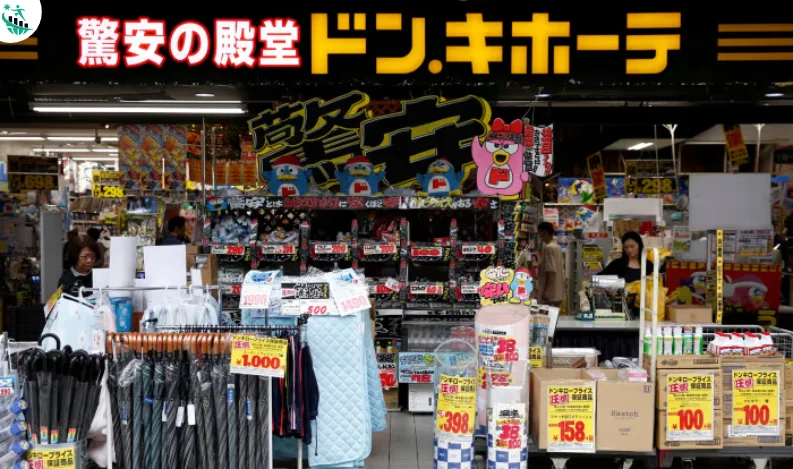
Japan’s Core Inflation Eases to 3.3% in June as Rice Price Surge Slows
Tokyo — Japan’s core inflation cooled to 3.3% in June, in line with expectations, offering some relief after reaching a 29-month high the previous month. The decline follows a modest easing in rice prices, which had spiked earlier this year due to supply shortages.
The headline inflation rate also slipped from 3.5% in May to 3.3%, but still marked the 39th consecutive month above the Bank of Japan’s 2% target.
The more closely watched “core-core” inflation, excluding fresh food and energy, edged up slightly to 3.4%, from 3.3% a month earlier, reflecting persistent underlying price pressures.
Rice inflation, which had jumped over 100% year-over-year in May, moderated slightly to 100.2%, after the government released rice stockpiles to stabilize prices.
“Inflation is moderating, but the risks from yen depreciation and higher import costs remain,” said Harumi Taguchi, Principal Economist at S&P Global Market Intelligence.
Election and Tariff Fears Add to Uncertainty
With Upper House elections set for July 20, economic sentiment remains fragile. Prime Minister Shigeru Ishiba’s coalition risks losing its majority, while concerns mount over U.S. tariffs under President Donald Trump.
Japan currently faces a 25% tariff on auto exports, and an additional 25% tariff on broader goods is scheduled for August 1, pressuring growth further.
“Higher tariffs and weak real wages are squeezing consumer sentiment,” warned Krishna Bhimavarapu, APAC economist at State Street. He forecasts 0.4% GDP growth in 2025.
Japan’s Q1 GDP contracted 0.2%, its first decline in a year, primarily due to weaker exports.



Recent Comments:
No comments yet.